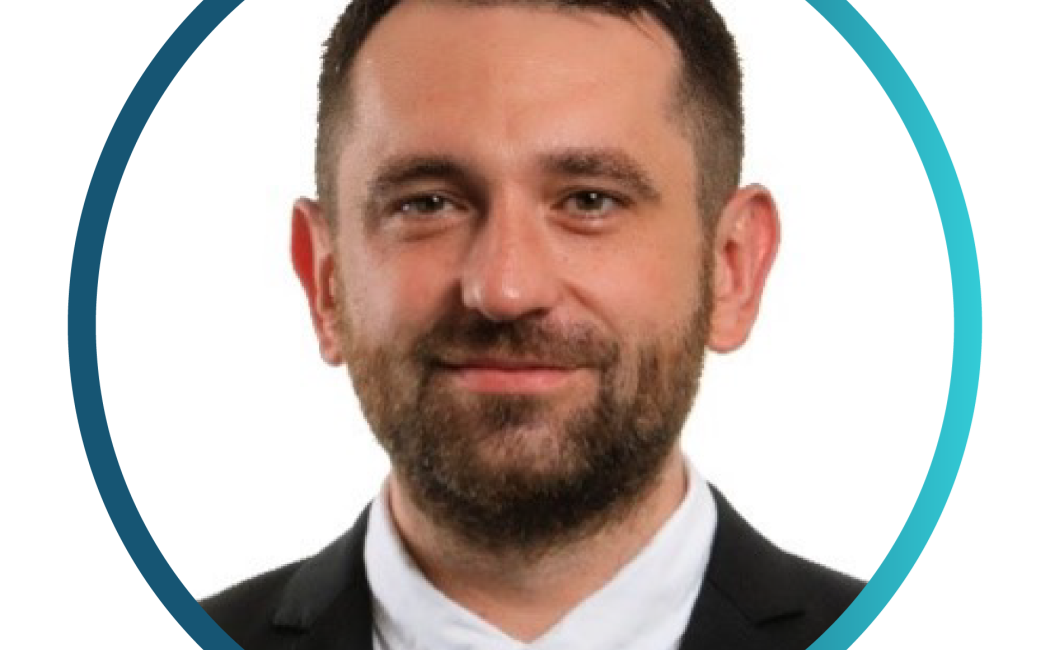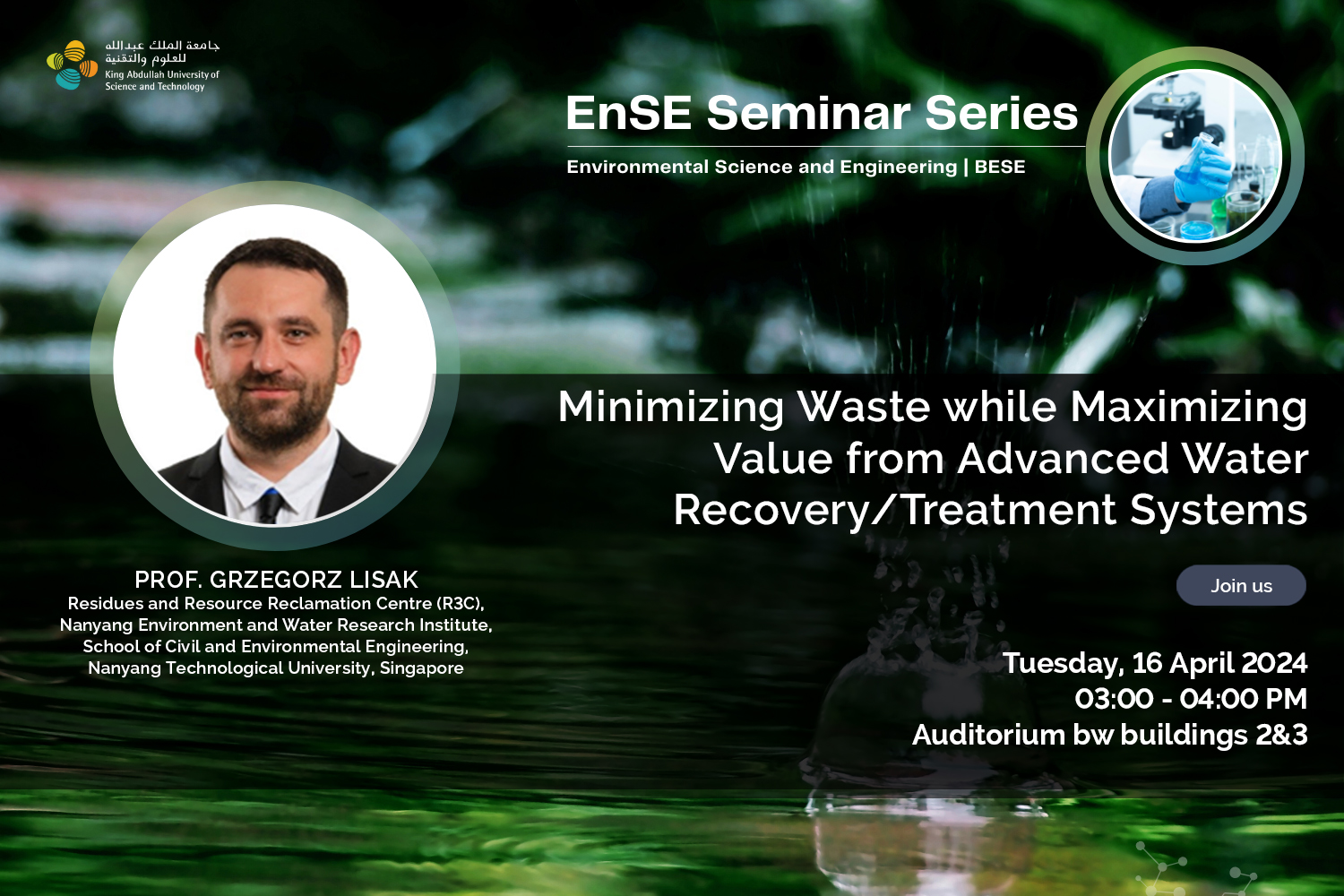



Current water recovery/treatment systems produce significant streams of unwanted by-products that must be addressed through a circular approach of minimizing waste generation while maximizing value of those by-products. Two main by-products from water recovery/treatment systems were investigated, sewage sludge and desalination brine. For sewage sludge, a variety of sludge-based waste materials with distinctive physical and chemical characteristics were co-treated with municipal solid waste (MSW) in a demonstration-scale high-temperature slagging gasifier. The waste materials tested include dewatered sewage sludge (originated from industrial and municipal wastewater treatment processes), dried sewage sludge, sludge incineration ashes, and waterworks sludge (originated from freshwater treatment process). Up to 49.5% by mass of dried sewage sludge was successfully co-gasified with MSW and up to 89.5% of the solid residues from the gasification process were recovered as reusable slag and recyclable metals. Moreover, with the proliferation of reverse osmosis technology, seawater reverse osmosis desalination has been heralded as the solution to water scarcity for coastal regions. However, the large volume of desalination brine produced may pose an adverse environmental impact when directly discharged into the sea and result in energy wastage as the seawater pumped out is dumped back into the sea. A new strategy towards the treatment of brine to seawater level for disposal, reclaimed seawater discharge (RSD) was proposed. This process was coupled with existing resource recovery techniques and waste alkali CO2 capture processes to produce an economically viable waste treatment process with minimal CO2 emissions. The electrolysis of brine was used to lower the salinity of the desalination brine (56.0 ± 2.1 g/L) to seawater level (32.0 ± 1.4 g/L) and generation of alkali brine from seawater (pH 13.6) to remove impurities in brine (Mg2+ and Ca2+ to below ppm level), and recovery magnesium hydroxide, calcium carbonate, chlorine, bromine, and hydrogen gas as valuable resources.
Dr. Lisak obtained his M.Sc. (Chem. Eng.) in physical chemistry in 2007 from Poznań University of Technology, Poland. He obtained his D.Sc.(Tech.) in analytical chemistry in 2012 from Åbo Akademi University, Finland. Between 2013 and 2015 he has been a research fellow at University of Wollongong, Australia and Malmö University, Sweden. He joined Nanyang Technological University (NTU) Singapore in 2016 as assistant professor and was tenured in 2022 to associate professor. Since 2017, he is a director of Residues and Resources Reclamation Center (in 2022 converted to Resource Recovery Programme) at Nanyang Environment and Water Research Institute, while since 2024 he is a deputy executive director of the same institute. He is managing approximately 45 staff members involved in Resource Recovery Programme. He is a co-founder of a start-up company (Nanomatics) based on the technology developed from his research at NTU. Since 2019, he is the associated editor of Chemosphere (IF= 8.943), Elsevier. Since 2021, he is a member of the Technical Committee for Circularity of Materials under the purview of Environment and Resources Standards Committee, Enterprise Singapore. Since 2022, he is a member of the External Advisory Panel for Environmental Sustainability (EPES), Ministry of Defence (MINDEF/SAF). His interests cover sustainability, waste to energy, waste to resources and contaminated site assessment.